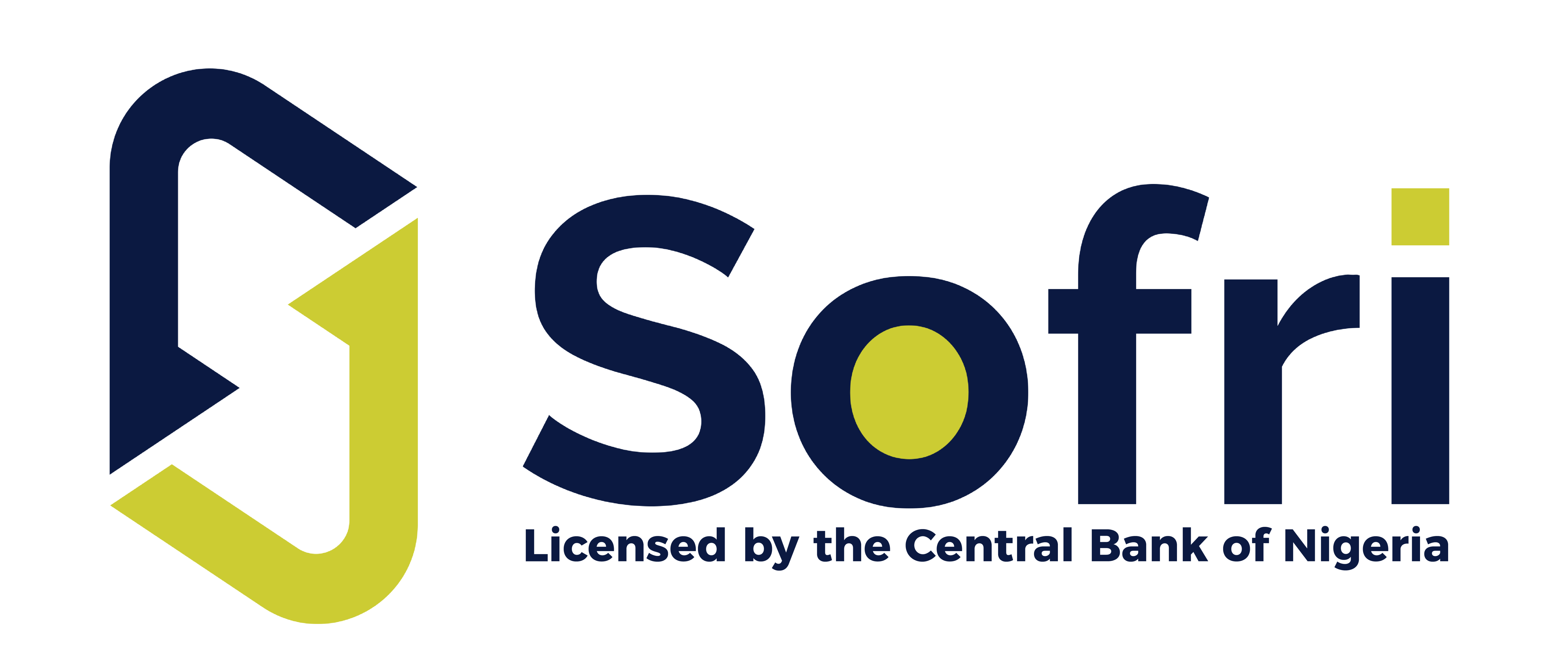Introduction For Ways To Save Money
Ways to save money: Lagos, Nigeria, is well-known for its lively vitality and thriving economy. The cost of living in Lagos, on the other hand, maybe rather expensive, making it impossible for many individuals to save money. Thankfully, there are a number of practical methods to save money in Lagos that may assist individuals and families in stretching their budgets even further. In this post, we will look at ten such strategies that everyone in Lagos, regardless of economic level, may readily adopt. This can help you stretch your budget even further.

1. Use public transportation
Using public transit instead of having a car is one of the simplest methods to save money in Lagos. Having a car may be expensive owing to high fuel prices, upkeep, and repairs. Public transportation, on the other hand, such as buses, trains, and taxis, is cheaper and more efficient for moving around the city. Taking a bus, for example, from one point to another can cost as little as $50, as opposed to driving, which can cost up to $500 in fuel alone. Also, taking public transit allows you to escape the notorious Lagos gridlock, which might waste time and money while driving.
2. Buy groceries and food items in bulk
Purchasing things in bulk might save you a substantial amount of money in the long term. When you shop in quantity, you may take advantage of the discounts and bargains that supermarkets and businesses provide. Buying a 5kg bag of rice instead of five 1kg bags, for example, can save you up to 10% on the cost. It also helps to plan your meals and create a grocery list to minimize impulse purchases and overpaying. Non-perishable goods like rice, beans, and pasta are wonderful to buy in bulk and stock up on.
3. Cook homemade meals at home
Eating meals outside can be costly, especially if you do it frequently. Cooking at home is both cheaper and healthier. To minimize overpaying, plan your meals for the week, develop a grocery list, and stick to it. You may also cook your meals in bulk and freeze them for later use. This may save you time and money while still allowing you to eat delicious and healthy meals.
4. Use energy-saving appliances
Electricity bills can be high in Lagos, especially with power outages being common. Investing in energy-saving appliances can help reduce your electricity bills. For example, using LED bulbs, fans, and refrigerators can significantly lower your energy consumption. Energy-saving appliances are more expensive than regular ones, but the savings you get on your electricity bills over time can make up for the initial cost.
5. Shop at local markets
Local markets are a fantastic way to find fresh produce at a lesser cost. You can bargain with the merchants to get a better deal and help the local economy. For example, instead of buying fruits and veggies in a supermarket, you can save up to 30% by purchasing them from a local market. Shopping at local markets might also help you avoid buying more expensive imported items.
6. Take advantage of online shopping
Internet shopping may save you both time and money. Numerous e-commerce platforms provide discounts and promotions that are not available in traditional businesses. You may also check rates across other websites to find the greatest offer. When compared to buying a phone at a physical store, buying a phone online can save you up to 20%. Furthermore, internet shopping may save you money on transportation as well as time and energy spent traveling from store to store.
7. Reduce your water usage
In Lagos, water bills may rapidly pile up. Water-saving methods such as repairing leaks, taking shorter showers, and washing your car with a bucket rather than a hose can all help you save money on your water bill. For example, repairing a leaking faucet can save up to 20% on your water bill, while taking shorter showers can save up to 10% on your water use. Another way to save money is to buy water drums for storing water. With water drums, you can save a considerable amount of money on buying water, most especially if you are living in localities with water problems.
8. Cut down on entertainment expenses
Entertainment expenses, such as going to the cinema or attending concerts, can be costly. Consider cheaper alternatives such as watching movies at home, going to the beach, or hosting a potluck with friends. For example, instead of spending ₦5,000 to watch a movie at the cinema, you can download past movies from movies and streaming platforms and watch them on your phone or on your laptop. Depending on which is most convenient for you.
9. Study the 30-Day Rule.
One of the most basic tenets of personal finance is to avoid quick pleasure and waiting 30 days to make a purchase is a great method to do so.
Often often, after a month, you’ll discover that the desire to buy has passed, and you’ll have saved money simply by waiting. If you’re already on the fence about a purchase, waiting a time might offer you a better perspective on whether it’s genuinely worth the money.
10. Don’t spend what you are yet to earn
Most of the time, we are motivated by expectations. Expectations include salary being paid by the end of the month, a windfall entering our bank account in two weeks, cash promised by a friend, or a split of profits from a side business.
We are frequently tempted to base our present purchasing selections on these hopes, spending our existing cash over the regular limit in the hope that some megabucks will soon arrive in our bank account. When these expectations don’t turn out as anticipated, not only have we overspent our existing cash but also we could have ended up buying what we “desire” with cash with are yet to earn, instead of focusing on our “needs”.


